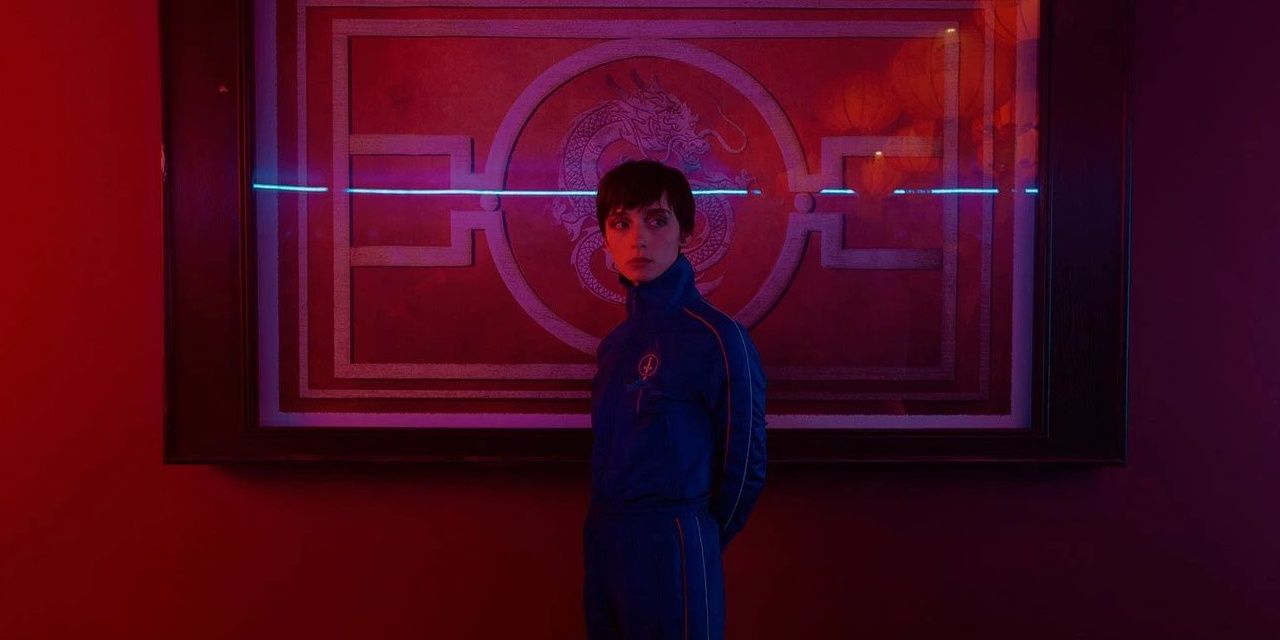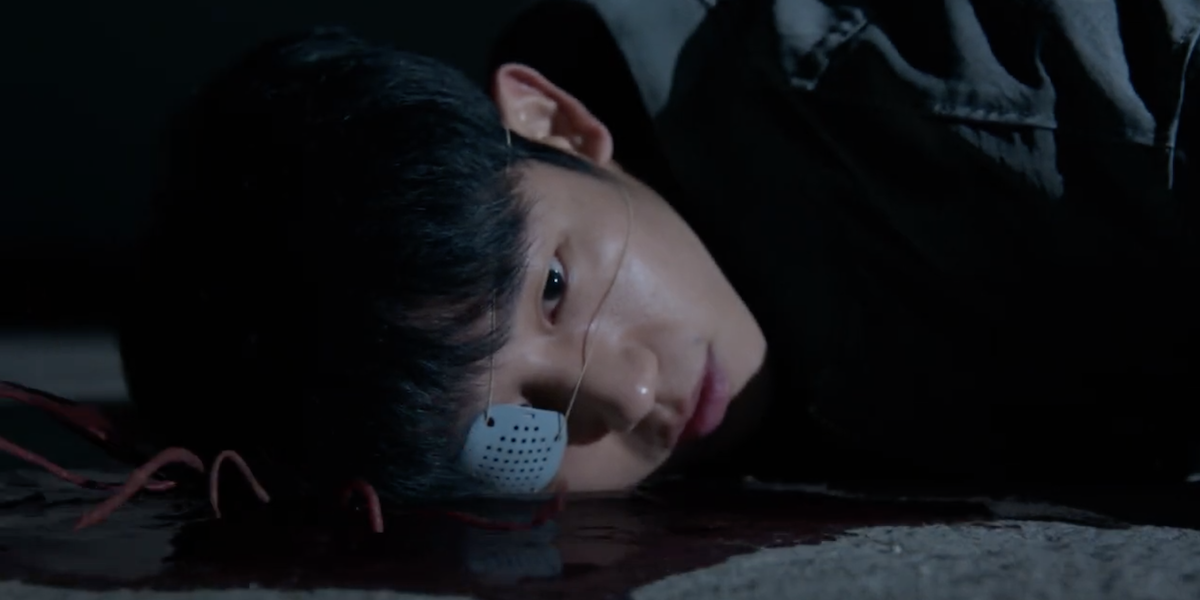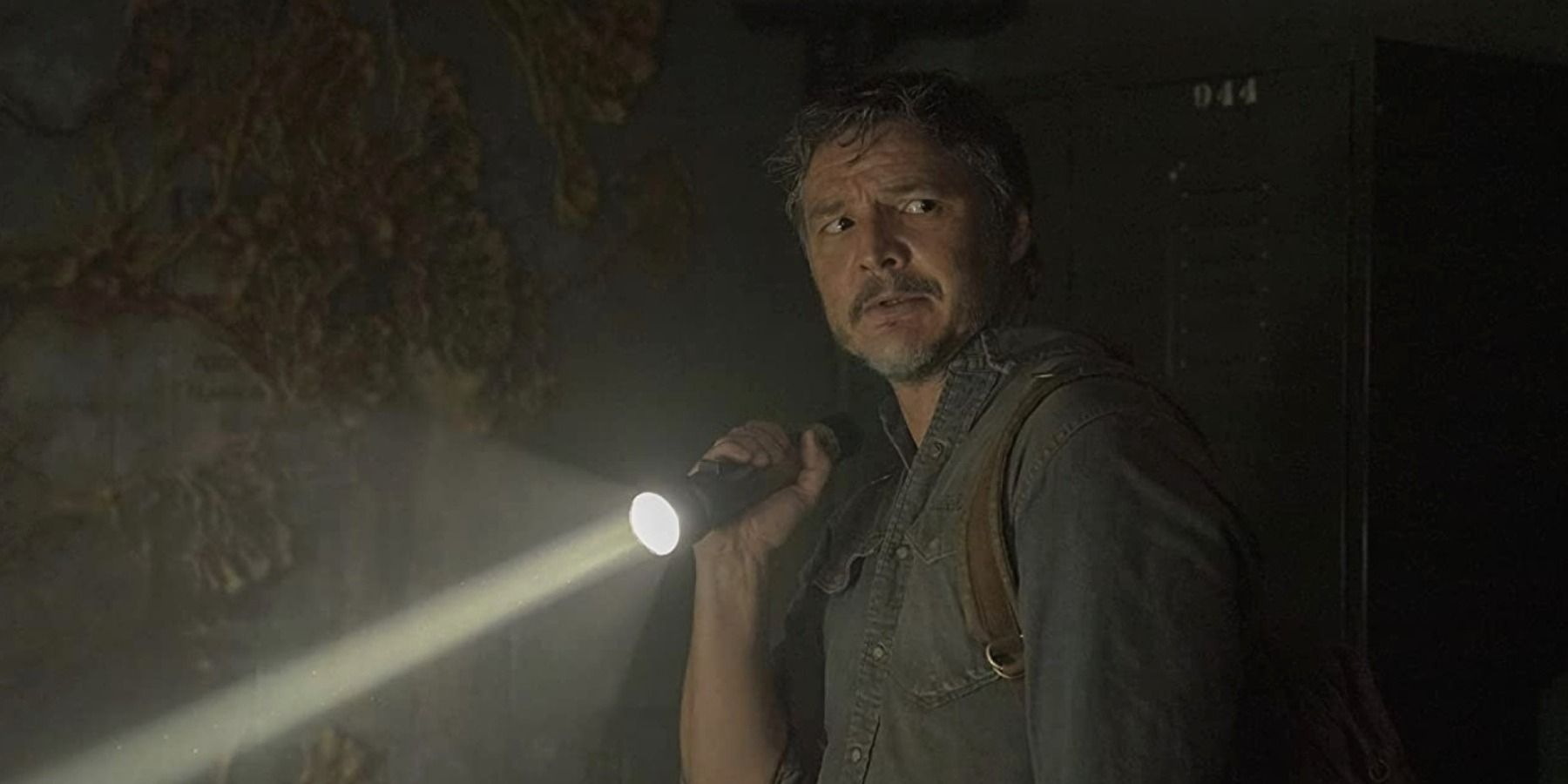The modern era of entertainment is dominated wholly by streaming services. The most celebrated shows of every year tend to skip regular TV broadcasting entirely and even big-budget movies regularly find their home on the small screen. Unfortunately, the all-or-nothing nature of the medium ensures that a ton of shows and movies meet untimely ends before they can earn notoriety.
Services like Netflix have gotten a lot of pushback for consistently canceling beloved series before they get a chance to grow. Shows are judged almost entirely on the views they attract in their first few weeks of release. If people don't hear about the show until after that brief window, then each new show is doomed.
A show called Copenhagen Cowboy dropped onto Netflix on January 5th. It's a neo-noir thriller about a former slave who seeks vengeance in the surreal criminal underworld of the eponymous Danish city. It's been moderately well-received, with a 67% critics' score on Rotten Tomatoes and a healthy 80% audience score. Most people haven't heard of it, which wouldn't be that weird if it wasn't the latest project of Valhalla Rising, Drive, and Neon Demon director Nicolas Winding Refn. Fans of his filmography don't even know he has a new show out. Netflix has done little to no promotion of the series, despite the big name behind it. This is common across a ton of different streaming services.
Takashi Miike is one of the most beloved auteurs in the world of Japanese cinema. He's got over 100 projects under his belt, some of which are seminal genre-defining masterpieces and some of which are ephemeral and instantly forgotten. His latest series, Connect is a Korean horror drama about an immortal man who retains a spiritual attachment to his missing eye. When that eye is transplanted into the skull of a serial murderer, that supernatural connection becomes the only way to solve the case. It's a confidently wild pitch with appropriately absurd execution. Fans of Miike's work would be immediately spellbound by the sincere mash-up of body horror and detective drama. The show dropped on Disney Plus in its home country, and due to Disney's poor communication, those who managed to hear about it were unable to find it. It's available on Hulu for anyone looking for it, and it's well worth seeking out, but Disney sure isn't making it easy to stumble upon.
Countless interesting shows and movies from new and established creators drop onto streaming services with basically no fanfare. The numbers vary, but some studies indicate that the average viewer spends around 20 minutes scrolling through their chosen streaming service before selecting something to watch. There's simply too much to choose from, and every viewer is looking for something different. There are several ways a show could draw a viewer's attention, from subject to cast, to creator, to sheer visual creativity. Unfortunately, most viewers won't stumble upon something substantial within its first few weeks. Thanks to high-profile cases like The Sandman, everyone knows how important it is for a show to get massive attention within its first few weeks of public availability. It's much easier to have an audience ready to go as soon as the show premieres. The only way to do that is by telling the world what's coming to the screen. Streaming services know that already, but they only spend the money on projects that already have attention.
Every new season of Stranger Things will get more marketing than the dozens of other series that came out in between. There are more TV and YouTube spots for The Last of Us and Velma than for the rest of this month's HBO Max offerings put together. Streaming marketing is ubiquitous for the projects that the services expect to succeed. How backward is that? The projects that already have a fanbase get non-stop promotion, but the projects that need help are dropped without fanfare. This has the added effect of making most streaming ads feel overplayed. When we see a million ads that end with a Netflix, Hulu, or Amazon Prime logo, it can make the flow of content feel like a flood. Every new ad blends into the background, like individual snowflakes in a blizzard. All the major streaming services need to spread their ads a bit more equitably if they want the kinds of hits that made the companies successful in the first place.
Streaming services became ubiquitous in large part because of sleeper hits like Bojack Horseman. Look at the early ads for Netflix, they all sold the service on its catalog of hit movies. Original programming is now the lifeblood of each of these companies, but a show can barely finish a season without being axed for poor viewership. Good shows need positive word of mouth and competent marketing to become popular. If the services refuse to provide, the only endgame will be the slow death of art across each streamer. The consequences are dire, but the solution is easy.



